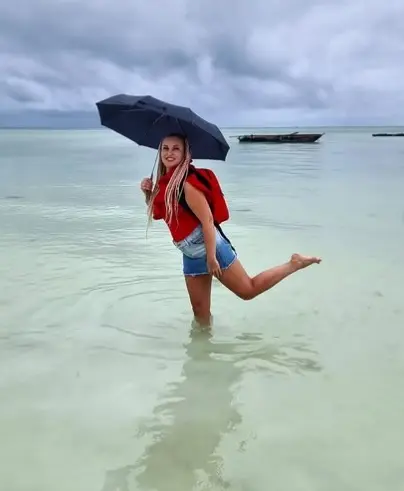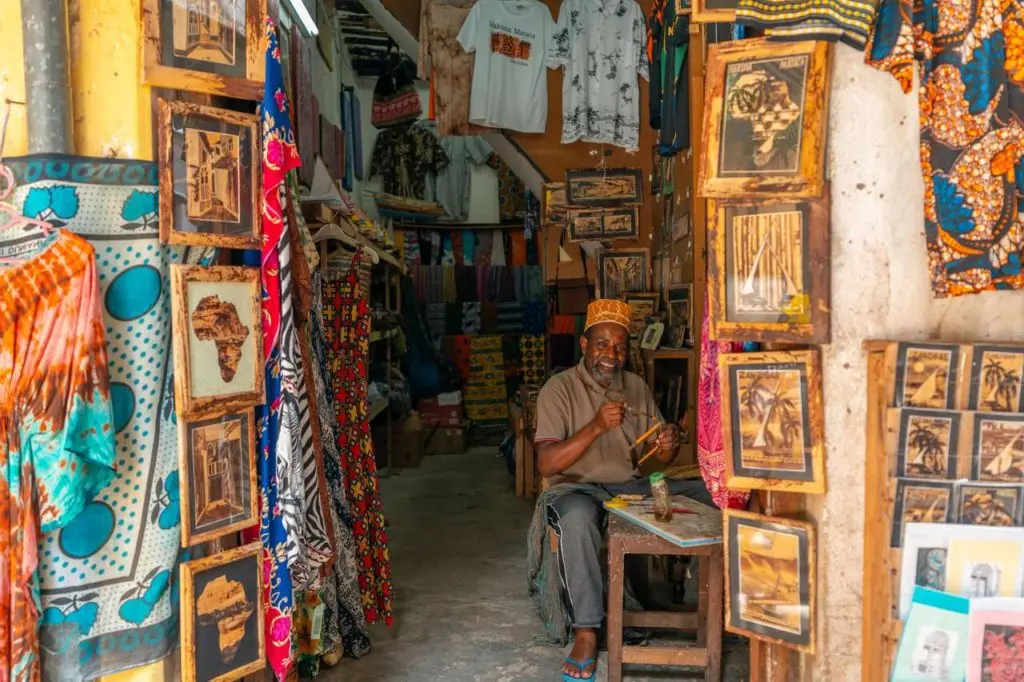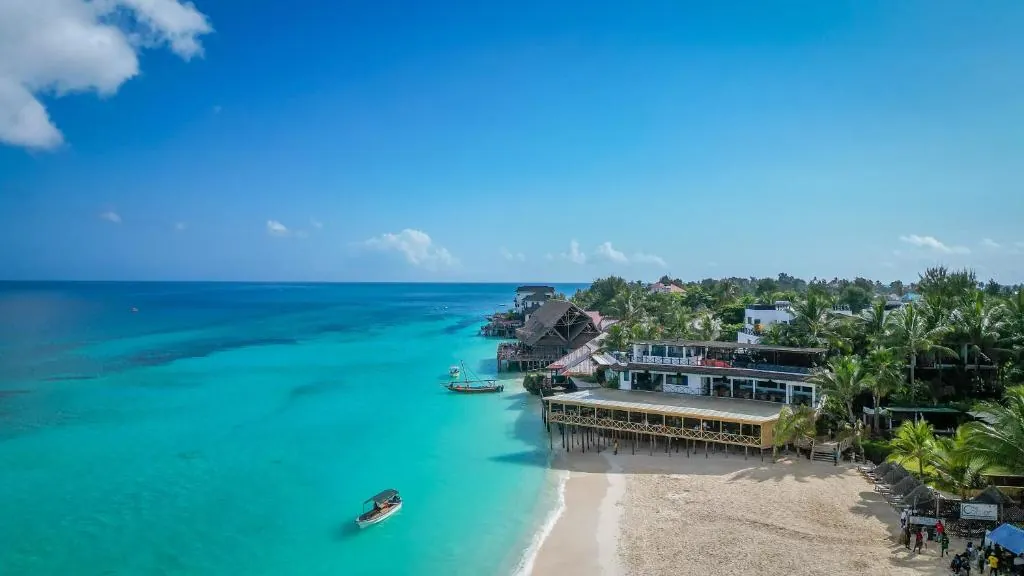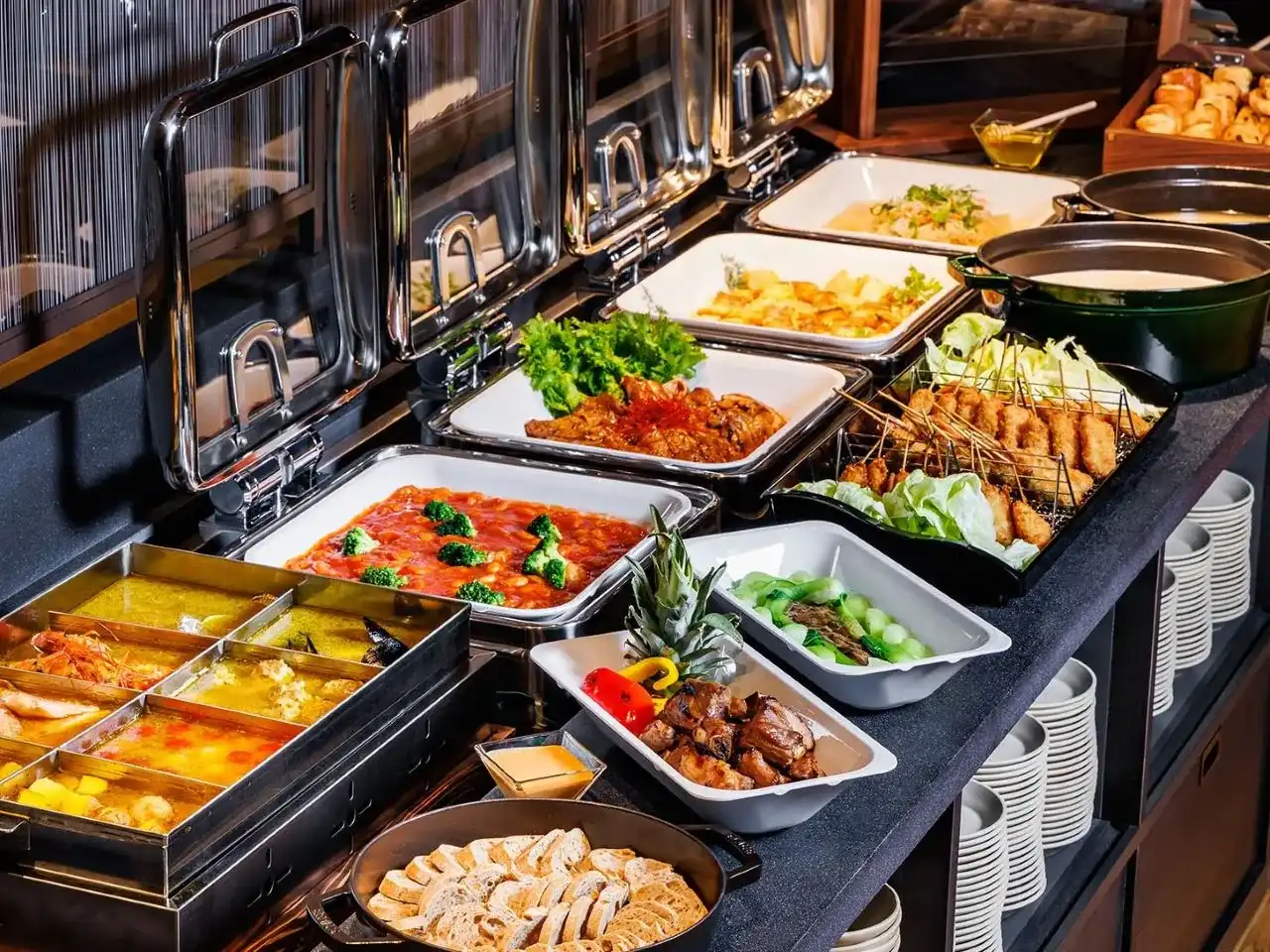Is Matemwe Worth Visiting? Honest Review from Locals

No filters and Just simply raw stories from the coastline.
You ever land somewhere and feel like you're not supposed to talk too loud?
Not because anyone said so. It’s just... the vibe. The air feels like it’s holding secrets. That’s Matemwe.
It doesn’t clap for itself like Kendwa. Doesn’t flex like Nungwi. And it damn sure doesn’t beg you to post about it.
But is it worth visiting?
Let’s talk. From the back of a dala-dala all the way to seaweed farms and moonlight fires. Here’s the version the brochures don’t write.
So... Where Even Is Matemwe?
Ask around in Stone Town and someone like Uncle Baraka will scratch his beard and say, “Aaah, huko juu. Kabisa juu ya kaskazini mashariki.”
Translation: keep going past Kiwengwa, further up than the noisy parts, where the coast stretches thin and the sand starts whispering instead of yelling.
You’ll roll past places like Kilombero and Mtoni. Might even grab a mishkaki near Bububu if the traffic’s messy. But once you turn off the main road after Pwani Mchangani, it’s like the air shifts.
There’s no big welcome sign. No flashy gates.
Just coral walls, mango trees, and the slow hum of “mambo vipi” greetings as people sit outside sharpening knives or braiding each other’s hair.
First Impressions? Quiet. Too Quiet?
Abdallah, a local fisherman, once told me, “Wageni wengine hawapendi hapa. Wanasema kimya sana.”
Tourists come expecting fire dancers and pool bars. Matemwe just gives you sky. And sea. And wind that feels like it’s whispering jokes to the palm trees.
So yeah, if your idea of fun is booming speakers and five kinds of cocktails, you might call it boring.
But if you’ve ever wanted to hear your own thoughts, like really hear them, this is where they echo.
The Beach? Yo, It’s Big
It’s not crowded.
You’ll walk for minutes, maybe hours, and pass only a few humans — a woman carrying a bucket on her head like it’s weightless, two kids drawing in the sand with a stick, and maybe a guy selling carved coconut spoons with a laugh that sounds like a car refusing to start.
And the sand?
Not white like powdered sugar. It’s not postcard sand. Kinda soft, yeah, but you’ll feel tiny bits of coral poke through your flip-flops if you walk too fast. When the tide’s out, the sea just disappears — like someone dragged it back on a rope. What’s left? Seaweed fields stretch like patchwork. Little crab holes everywhere. Puddles shimmer with shells that blink at you if you stare long enough.
This isn’t some brochure beach.
It’s alive.
Women stand waist-deep, skirts dragging in the current, tying seaweed to lines like it’s second nature. No gloves. Just hands toughened by years. Not far off, a couple of fishermen sit quiet — legs crossed, nets tangled in their toes. They bite the knots loose with their teeth. Not in a rush. Never are. A chicken might sprint past you like it’s late for a job interview.
Where You Sleep Doesn’t Matter Much
Locals will tell you straight — “Unalala wapi haijalishi. Muhimu ujisikie nyumbani.”
There are some fancy villas. Some low-key lodges with mosquito nets and solar lights. But nobody’s flexing marble bathtubs or rooftop jacuzzis.
What you get is peace. And sometimes a rooster that doesn’t care it’s 3 a.m.
You’ll eat breakfast barefoot. Hear someone chopping onions before the sun’s even fully out. If you’re lucky, the staff will forget you’re a guest and start gossiping in Swahili like you’re family.
If you’re not the planning type — if Google Docs and TripIt stress you out — there are pre-arranged trip deals for the island lovers built for Matemwe hideaways. Simple, stress-free. You wake up and just follow the breeze.
Food? Forget What You Think You Know
If you’re looking for waffles and bottomless mimosas, jog on.
Here, breakfast might be chapati with maharage and black tea so strong it slaps your gums. Maybe samaki wa kukaanga — fried fish that still has its face — served by Mama Subira, whose restaurant isn’t really a restaurant, just a shack with two benches and a rooster that lives under the table.
There’s this one spot, no signboard, just the smell of grilled octopus luring you in. Ask for “kamba wa nazi” — prawns in coconut sauce. Sit on a wooden stool. Use your hands. Wash up with water poured from an old Fanta bottle.
And yeah, mango slices drowned in pili pili and lemon juice, sold in a reused ice cream tub by a boy named Juma who calls everyone “boss” — even if you clearly ain’t one.
What Even Is There To Do?
Here’s the funny part.
You’ll ask someone, “What should I do in Matemwe?”
And they’ll say, “Unataka kufanya nini?”
Which means — what do you even want to do?
Because this place doesn’t hand you a checklist. There’s no curated experience here. Matemwe just exists. You come to it.
But fine, here’s a little list:
1. Snorkeling Near Mnemba
The boats are wooden. The guides are barefoot. The gear? Sometimes questionable. But once you're chest-deep, all that fades. The rocks. The sticks. The awkward shuffle past seaweed.
Gone.
It’s just you and the water. Still. Warm. Like it’s been waiting.
Out near Mnemba, the reef curves around the atoll like it's hiding something precious. Like a secret only the ocean knows — and maybe lets you in on for a few minutes if you're lucky.
Fish flash like gossip at a family gathering. Colors so wild you forget this isn’t CGI.
And sometimes, dolphins show up like uninvited guests at a wedding. No warning. No drama. Just vibes.
2. Walk. Then Walk Some More.
Walk north until the beach curves.
Walk south until the fishermen outnumber the sunbathers.
Walk until your calves ache and your camera battery dies. You’ll see things no guidebook bothered to mention — a lady plucking feathers off a chicken with one hand and texting with the other, or a boda guy fixing his chain with a toothbrush.
3. Chill With the Elders
Find a shade spot.
Sit.
Wait.
Eventually, someone will speak. You might not understand the language, but laughter and eye-rolls over politics sound the same in every tongue.
The Tides Will Humble You
Listen, don’t come here expecting Bali-level predictability. The sea does what it wants.
Wake up early thinking you’ll swim? Surprise — it’s miles away. Low tide will stretch the shore so far, you’ll think the ocean packed up and left.
But wait. Be still.
Because in that emptiness, little pools form. Worlds inside worlds. Tiny jellyfish. Shells that look fake. Sea urchins like punks with spiky hair.
If you’re patient, the sea comes back. Slow. Bold. Like a queen returning to her throne.
The Locals? Real Ones
Matemwe people are chill. Until they’re not.
You’ll be greeted with a soft “karibu,” but don’t mistake it for weakness.
Say something dumb and you’ll be corrected. Loudly. Especially by the mamas selling tomatoes. They don’t have time for your nonsense.
But they’ll also offer you papaya without asking. Or let you sit in their shop’s shade when the heat smacks you stupid.
Random Things That’ll Stay With You
- The call to prayer slicing through the ocean breeze at dawn.
- A dog sleeping under a parked tuk-tuk like he owns it.
- A child selling biscuits with more swag than a CEO.
- The smell of rain on dust, right before a short afternoon storm.
- That weird bell sound seaweed farmers use to scare off birds.
You’ll leave with sand in your bag and silence in your chest. The kind of silence that lingers long after you’re back to your regular life.
So, Is Matemwe Worth Visiting?
Not if you want entertainment. Not if your idea of paradise needs mojitos and wi-fi strong enough for Zoom calls.
But if you want to be still?
To feel like a speck between sky and sea? To sit on a log and watch the moon rise while some kid plays taarab from his cracked Huawei?
Then yeah.
It’s not just worth visiting.
It might just reset your whole vibe.
Last Tip Before You Go
Don’t come to Matemwe with expectations.
Come with snacks. Come with stories. Come with broken Swahili and open eyes.
And maybe — just maybe — check out those pre-arranged trip deals for the island lovers built for Matemwe hideaways. So someone else can deal with logistics while you figure out what it feels like to do nothing and still feel everything.


